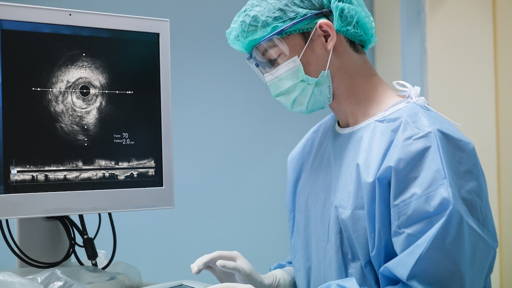While artificial intelligence (AI) is rapidly transforming modern healthcare, a new study from Johns Hopkins University reveals an unexpected obstacle to its adoption: social stigma among physicians. The research shows that doctors who rely on generative AI for clinical decision-making are often viewed by their peers as less competent, despite the technology’s proven potential to improve diagnosis and treatment.
The study, published by the Johns Hopkins Carey Business School, involved 276 clinicians, including attending physicians, residents, and advanced practice providers, who were asked to evaluate scenarios involving doctors using AI to varying degrees. The results were striking: the more a doctor depended on AI, the more skeptical their colleagues became, a phenomenon researchers call a “competence penalty.”
“AI is already an integral part of medicine,” said Professor Tinglong Dai, co-author of the study. “What surprised us was how doctors who use it can be perceived as less capable. This stigma—not the technology itself—may actually hinder better care.”
AI as 'verification tool'
Interestingly, the study found that when physicians framed AI as a “second opinion” or verification tool, negative perceptions improved but didn’t disappear entirely. Doctors who chose not to use AI at all received the most favorable peer evaluations.
“In the age of AI, human psychology remains the ultimate variable,” noted Haiyang Yang, first author of the study. “The way clinicians perceive AI use can matter just as much as its actual performance.”
Despite this social bias, most clinicians still recognized AI’s benefits for improving diagnostic precision and clinical accuracy. Institutionally tailored AI tools were perceived as particularly valuable, suggesting that hospital-backed integration could build trust among medical teams.
Supportive, not a replacement
The researchers emphasize that as AI becomes more embedded in healthcare, it should be positioned as a supportive partner rather than a replacement for clinical expertise.
“Physicians value clinical judgment above all,” said Dr. Risa Wolf, co-author and associate professor of pediatric endocrinology at Johns Hopkins School of Medicine. “If we implement AI in a way that complements rather than replaces physicians’ expertise, it can ultimately strengthen decision-making and enhance patient care.”
The findings highlight a critical insight for the future of digital health: technological innovation alone isn’t enough, building cultural and professional acceptance will be just as essential to realizing AI’s full potential in medicine.







